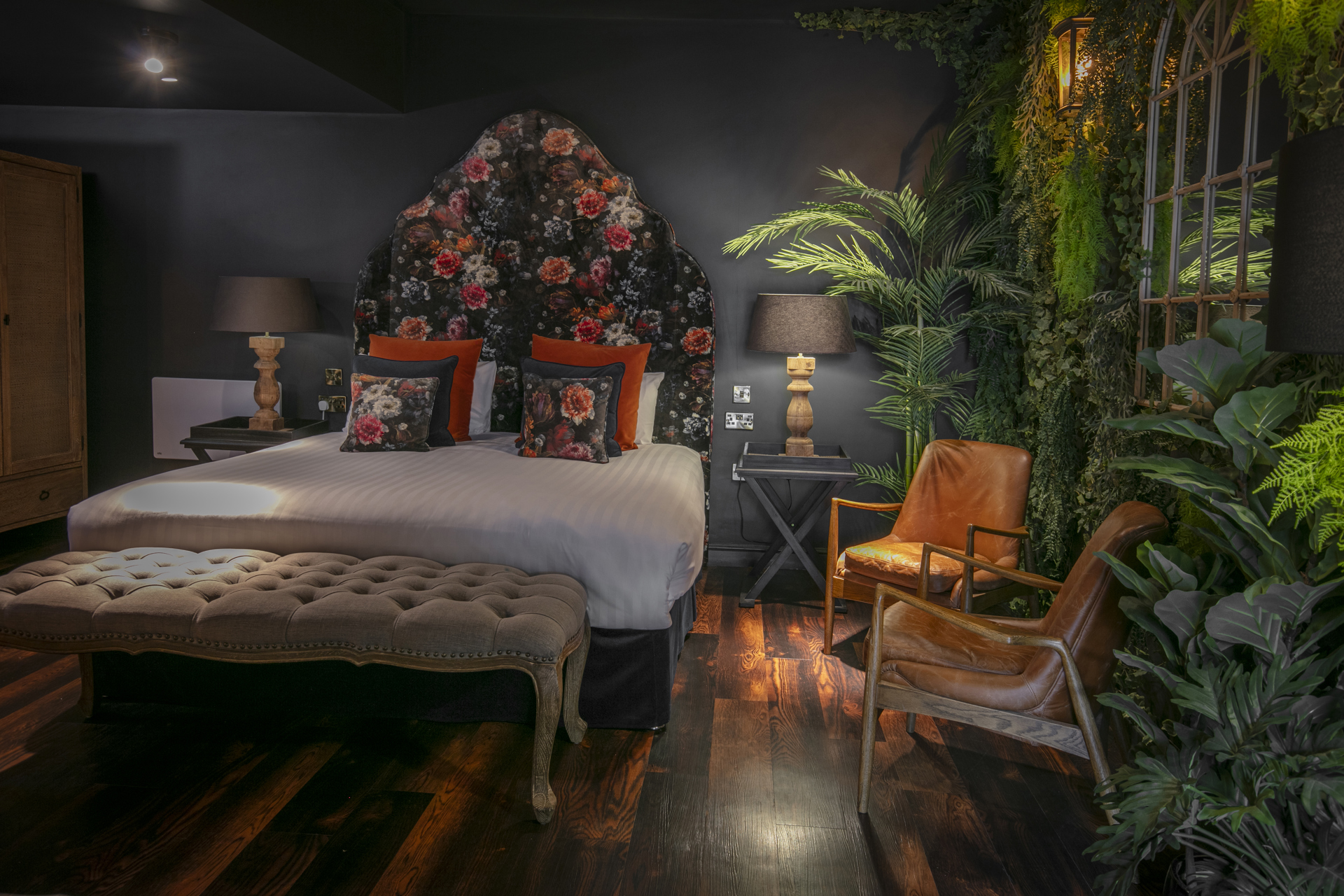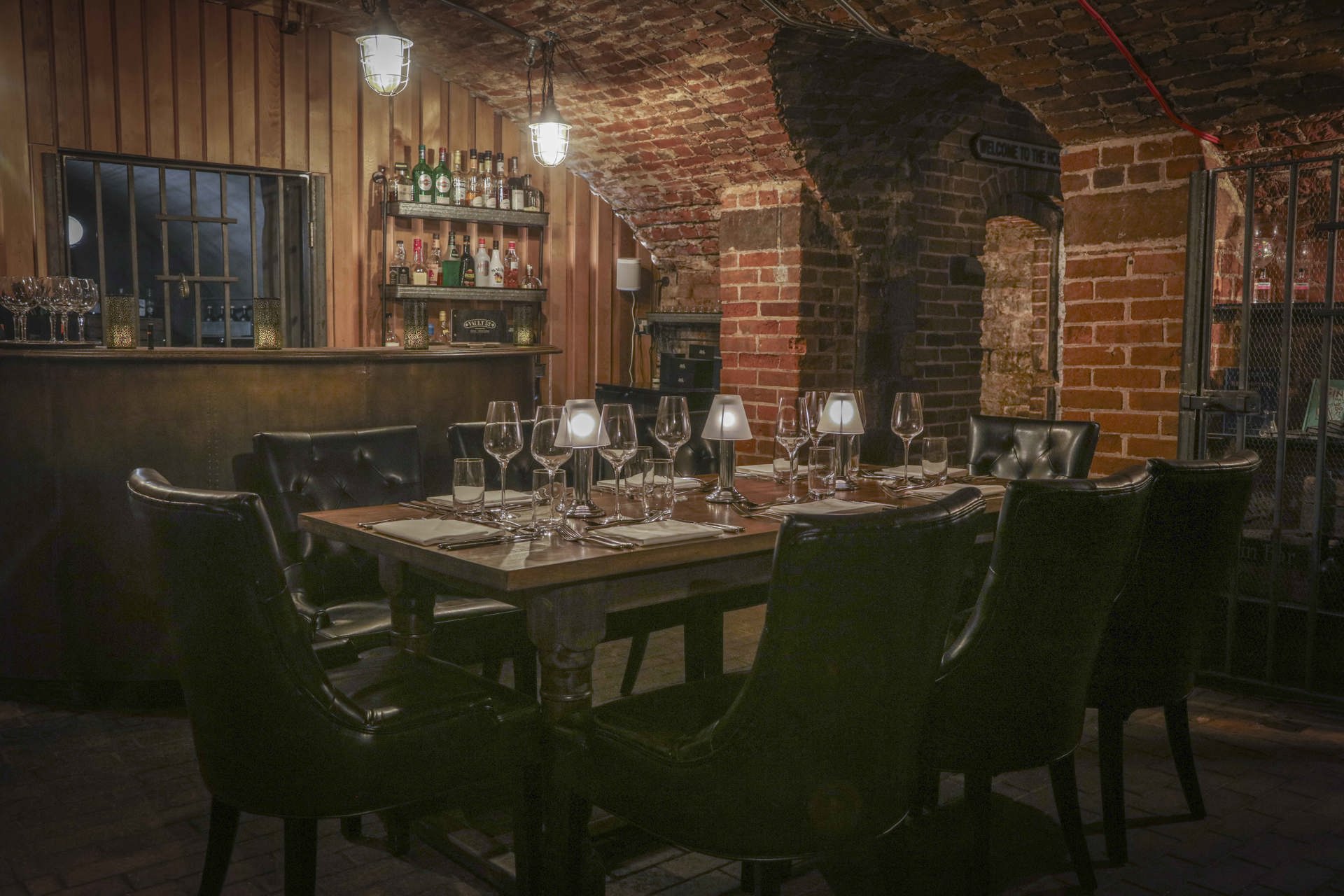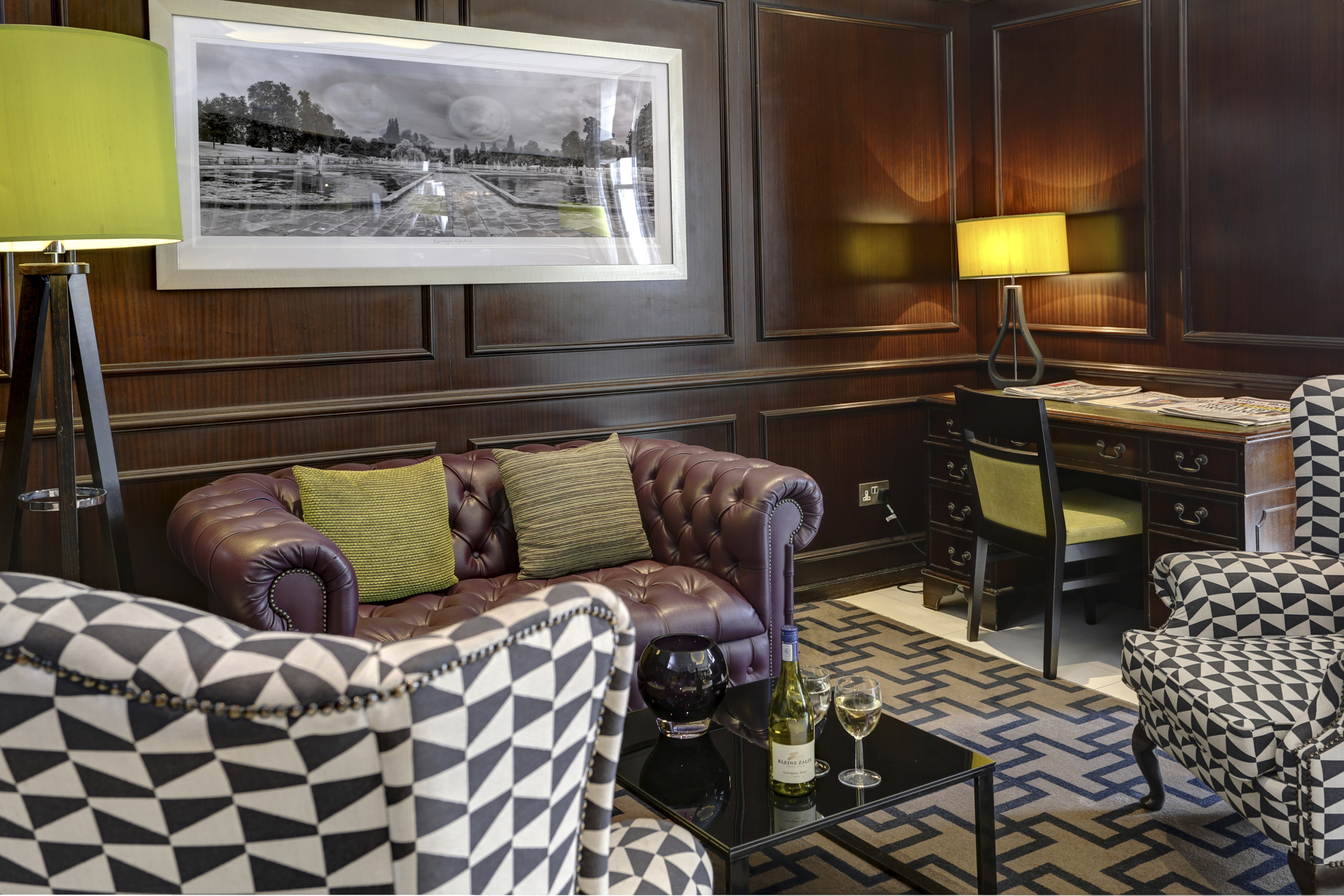





PRESS RELEASE 30.04.25
As featured in The Hotel Magazine
Tracy Wilkins, operations director at BWH Hotels, explains how independent hoteliers can find cost-effective ways to meet their sustainability responsibilities
For independent hoteliers, the path to sustainability can feel overwhelming – especially as it’s no longer just about doing the right thing for the planet, but about staying on the right side of looming eco-regulations.
The UK Climate Change Act has locked in a national deadline for net zero carbon emissions by 2050 and the countdown is already well underway. On top of that, the Environment Act 2021 is reshaping day-to-day hotel operations, placing legal duties on everything from waste management and water use to biodiversity protection.
Of course, as an industry that runs 24/7, hotels are naturally among the UK’s highest per-property energy users. That makes the interim targets of a 68 per cent emissions cut by 2030 and 77 per cent by 2035 feel like a daunting task.
Recent studies suggest the average UK hotel room generates around 7.5 tonnes of CO2 each year. Multiply that across every bedroom and the scale of the challenge and the importance of acting early, becomes clear.
One hotel that’s taken real strides is the Castle Green Hotel in Kendal, BW Premier Collection by Best Western, part of the BWH Hotels GB group. Their journey shows that becoming compliant doesn’t have to mean a whole reinvention. In reality, it’s about making smart, steady changes that fit both the regulations and the realities of day-to-day hotel life.
As ‘Green Hotel Of The Year’ Castle Green began with an honest review of their carbon footprint, an essential first step for any hotel aiming to meet the expectations of the Climate Change Act. There are plenty of manageable ways to address energy demands and make a meaningful dent in emissions.
One change saw the head chef overhaul food sourcing, switching to local suppliers wherever possible. Shortening supply chains in this way reduces transport emissions and lowers the hotel’s overall carbon impact, directly supporting the UK’s emissions targets.
On the staffing side, the hotel’s focus on supporting local recruitment has made a significant difference. More than 94 per cent of Castle Green’s team live within 10 miles of the property, reducing commuting-related emissions, which are often overlooked when hotels assess their footprint.
In terms of biodiversity, Castle Green had already made strong headway across its 25 acres of gardens and woodland. But the introduction of legally binding biodiversity targets under the Environment Act 2021 spurred them on even further.
Practical steps followed: installing bat, bird and owl boxes, banning pesticides and herbicides across the site and creating compost areas for garden and kitchen waste to reduce landfill. These changes were simple to implement, cost around £1000 to install, delivered significant environmental benefits and met regulation requirements.
The hotel also addressed single-use plastic, replacing plastic room keys with bamboo alternatives, a small but effective step toward reducing waste and preparing for the UK’s tightening single-use plastic restrictions.
For hoteliers looking to follow a similar path, there is a growing range of sector-specific tools and external accreditations available.One example is the REST (Responsible, Environmental, Sustainable Tourism) accreditation. At BWH, they place high priority on this evidence-based framework for environmental certification.
Unlike some sustainability schemes, REST involves rigorous external assessment and ongoing monitoring, increasingly a must-have for hotels aiming to secure corporate bookings with B Corps or meet evolving travel management company criteria.
Measurement also plays a crucial role. Carbon calculators tailored to the hospitality sector can pinpoint emissions hotspots, such as F&B menus (where ingredients like red meat carry a heavy carbon footprint) and help operators align with the latest COP29 guidance and emissions KPIs.
Support and resources are available and many tools are designed to be accessible to independent operators without the need for significant upfront investment.
It’s important to note, though, that reducing emissions isn’t just about ticking boxes. Cutting energy use can also lower operational costs and strengthen a hotel’s competitiveness for future business, especially as corporate clients increasingly require verified evidence of environmental action.
Compliance isn’t about one-off changes. It’s about showing continuous progress. At Castle Green, external assessors have tracked emissions, waste and biodiversity impact against evolving government targets, a process that’s becoming standard as sustainability expectations rise.
Castle Green’s experience shows that sustainability doesn’t have to come at the cost of character or independence. It’s about making thoughtful, well-planned changes that meet both the letter of the law and the long-term health of the business.
The regulations may feel complex, but the principles remain clear: measure, reduce and work with partners who understand the pressures and possibilities of hospitality.
For independent hoteliers, Castle Green’s story is proof that compliance isn’t out of reach, it’s about taking small, steady steps in the right direction.